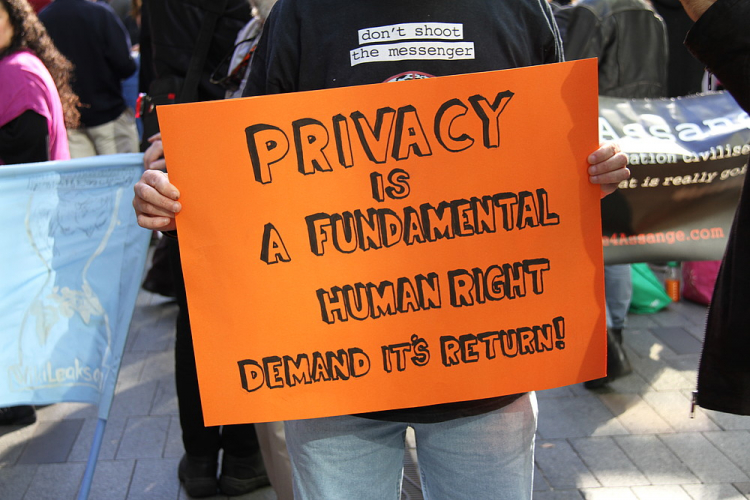Digital technologies have been key in transforming many of the goals and objectives of the societies in which they are deployed: they have contributed to building and embodying certain hegemonic frameworks. They have contributed to this because these new media and infrastructures are intertwined with contemporary political, economic and ecological systems. They have fueled new questions and new uncertainties in the geopolitical landscape. In not a few cases, these transformations go against freedom, equity, solidarity or justice.
The research 'Shifting the axes: technological alternatives, human rights and civil society at the beginning of the 20th century' has been commissioned by Oxfam Intermón, within the framework of the Global Digital Justice programme, jointly promoted with Barcelona City Council. It has also had the support of the Digital and Democratic Innovation Office of the same City Council, as part of an agreement with the Technopolitics unit of the Communication Networks and Social Change group of the University's Interdisciplinary Internet Institute Open of Catalonia.
The report briefly analyzes the three hegemonic models of technological development (currently defined by the US, China and the European Union), given the geopolitical, economic and technical factors that, from a historical perspective, account for many of the particularities of each model. Subsequently, an analysis of the implications and tensions caused by the deployment of these models in territories and subjects of the Global South is offered, as well as some historical responses to these deployments. Later, it provides a list of current cases and alternatives to digital capitalism and colonialism from civil society, grassroots communities, and social movements. Finally, the report presents some uncertainties and future horizons in political, economic and ecological terms.
In the coming months, Oxfam will publish a condensed version of this report and a multidimensional digital map that will include, among other things, the initiatives listed in this document.



